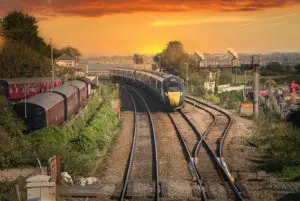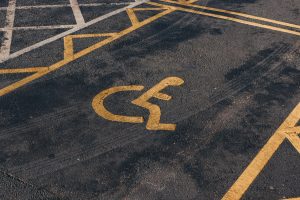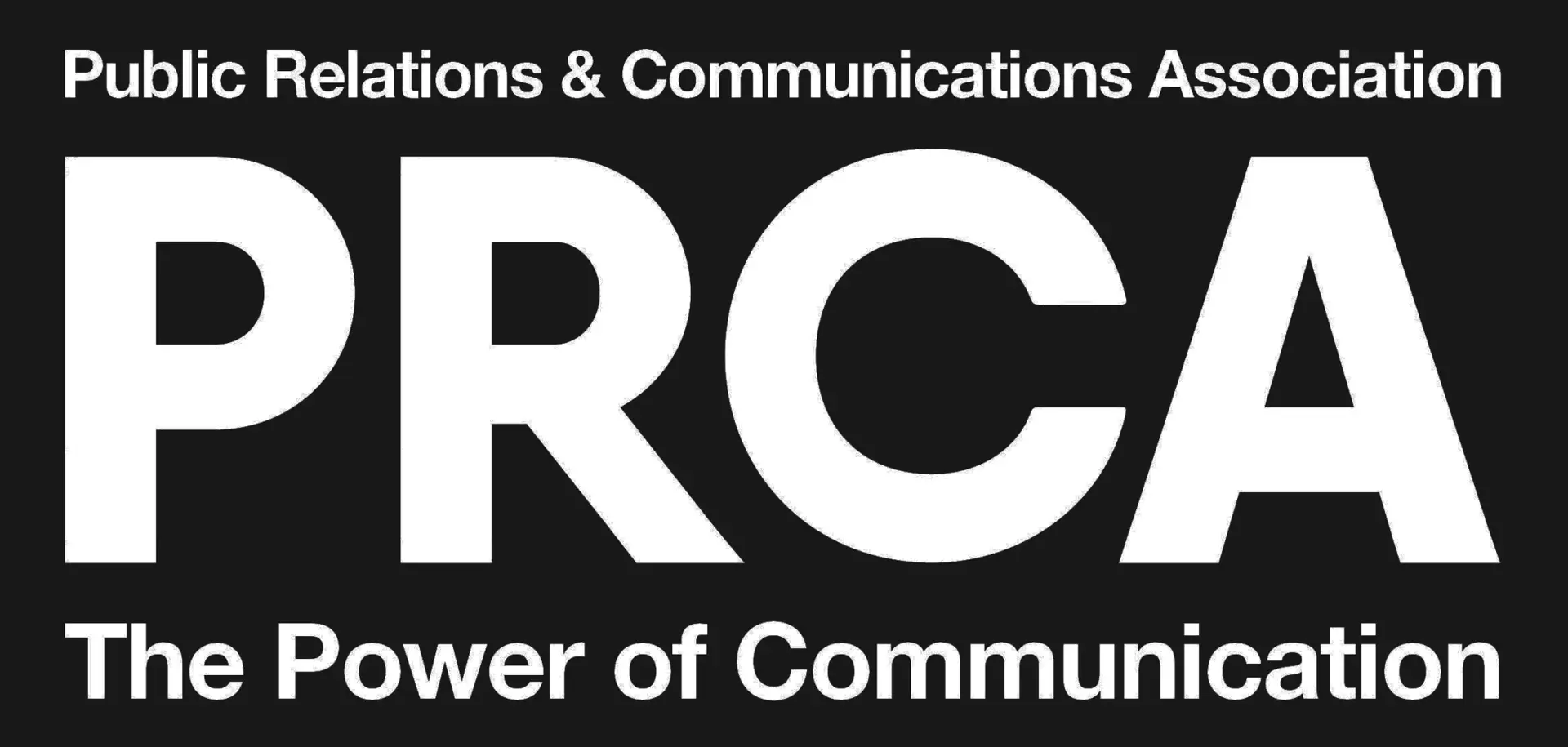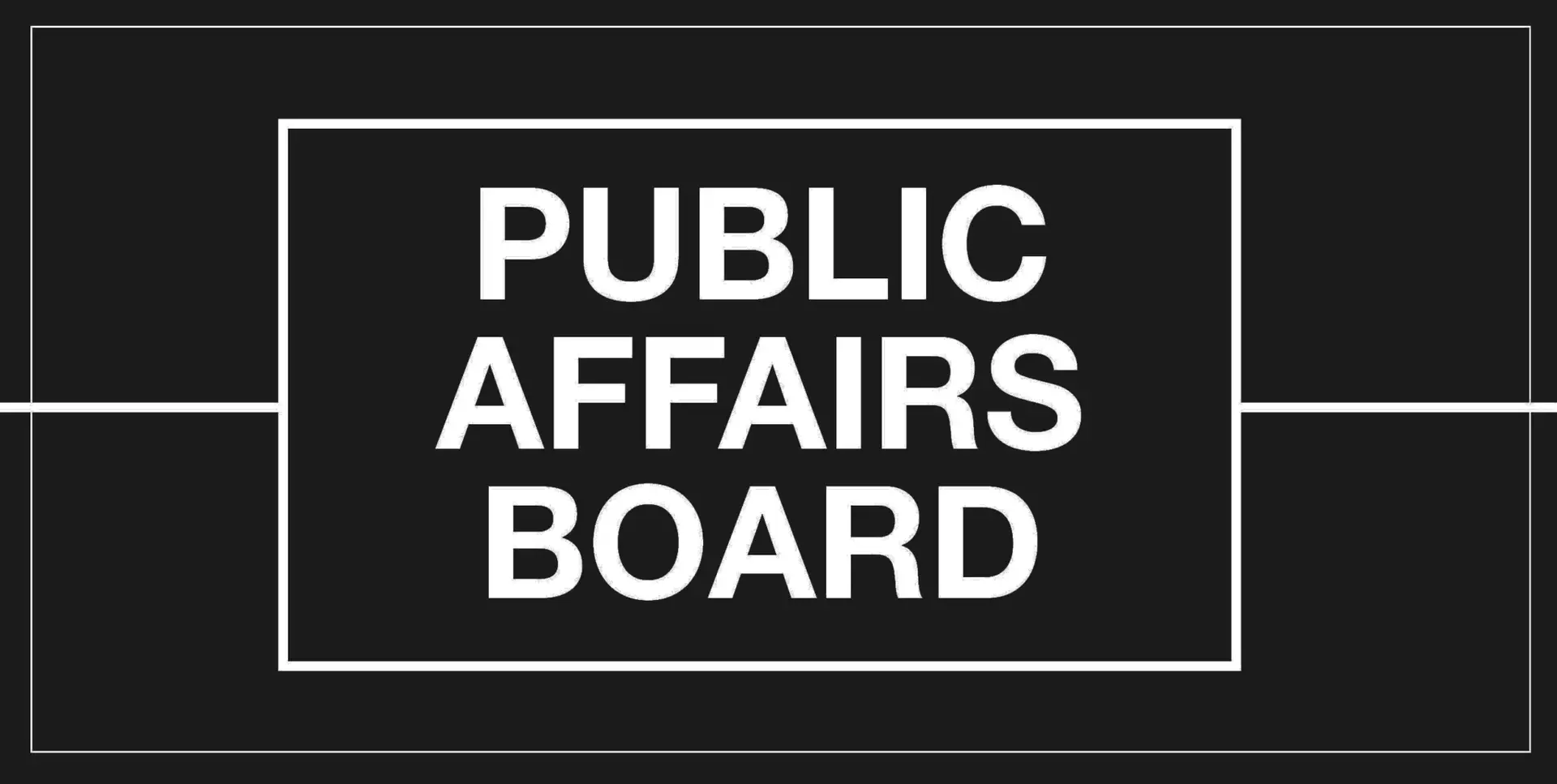1. The Business, Energy & Industrial Committee published the Government response to its report on leaving the EU: Implications for the Civil Nuclear Sector.
The Government welcomed the report and reconfirmed ‘the Government’s objective is to achieve a close association with Euratom in the future’.
(Department for Business, Energy & Industrial Strategy, Appendix 3: Government Response, 8 March 2018, link)
2. GMB, The Union for Nuclear Workers, announced that a Hinkley Point C Protest has ended.
The union led a two day sit in protest by 600 employees, which ended on 7 March, after last week’s weather led to a four day halt at Hinkley Point C during which workers were not paid.
(GMB Press Release, 7 March 2018, link)
3. The office for Nuclear Regulation has estimated it will cost £10 million to establish a UK State System of Accountancy For and Control of Nuclear Materials Regime, and UK Safeguards Information Management and Reporting System Regimes.
(Lord Henley, Hansard, 5 March 2018, HL5804, link)
4. Aquila Nuclear Engineering LTD, part of the Calder Group, opened a new facility at its Twyford site.
(Aquila Nuclear Engineering Press Release, 5 March 2018, link)
5. Sellafield announced ‘Women in Nuclear UK’ will launch a dedicated Cumbria branch.
The Women in Nuclear Cumbria team was announced for International Women’s Day, 8 March 2018.
(Sellafield Ltd Press Release, 7 March 2018, link)






